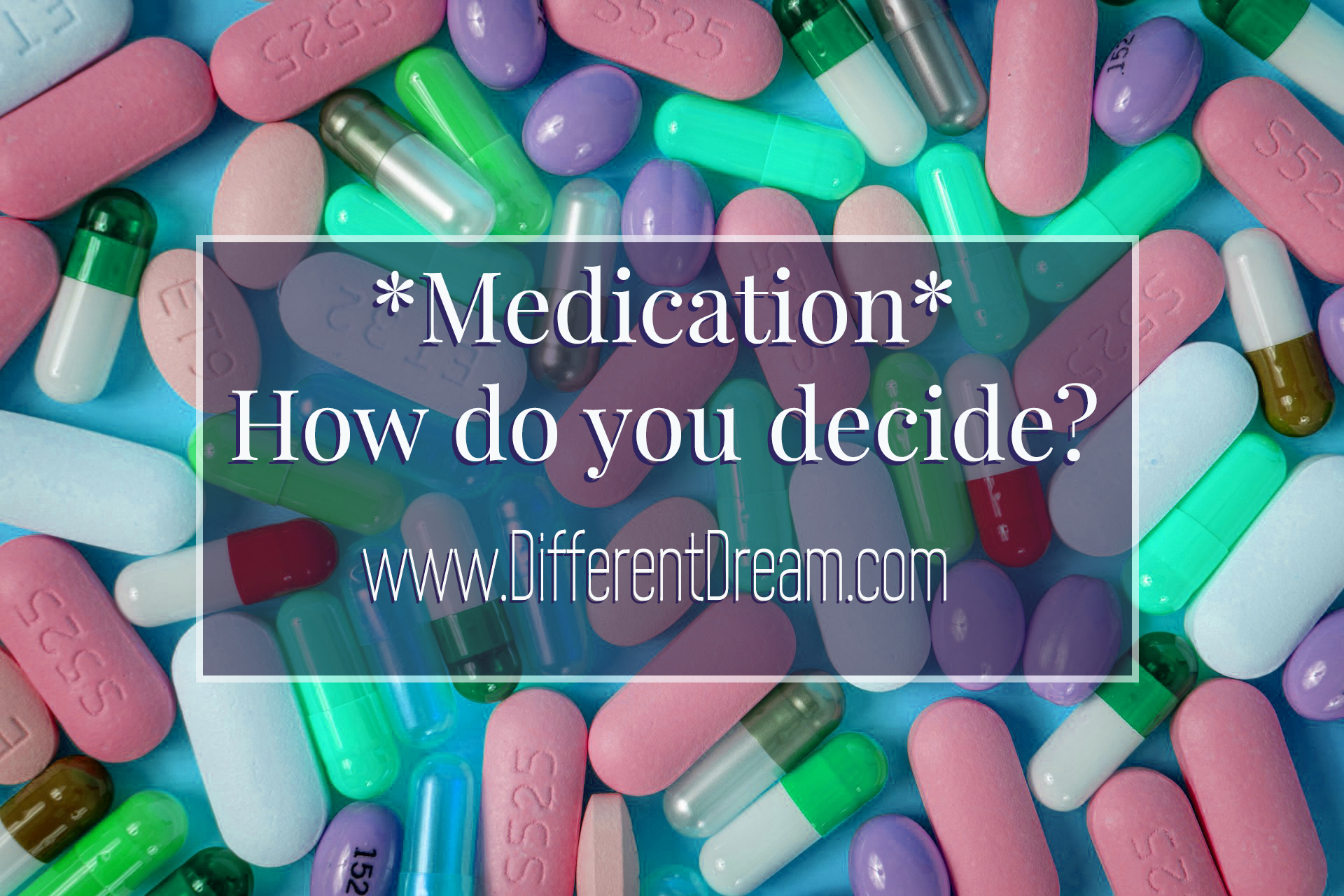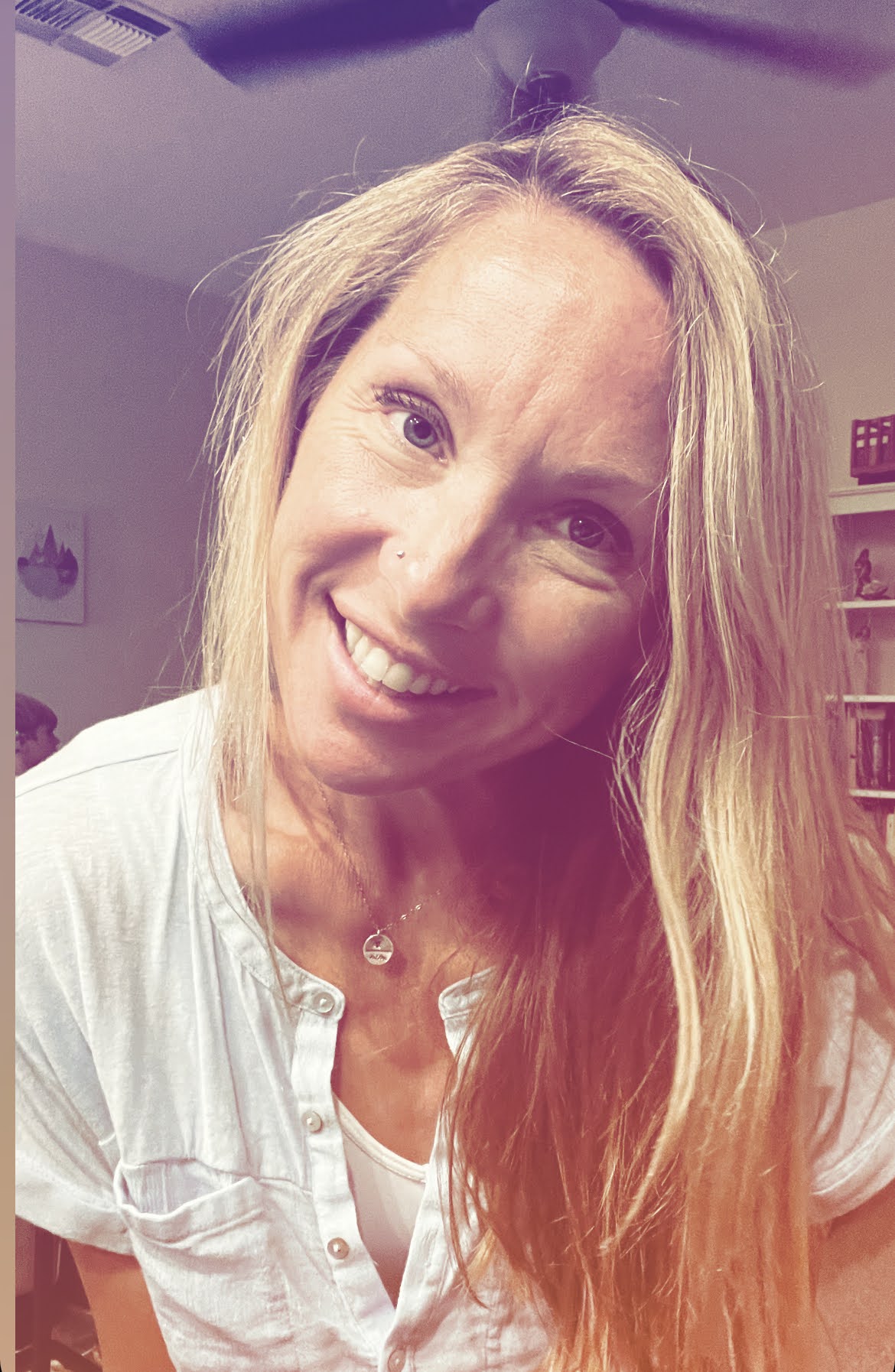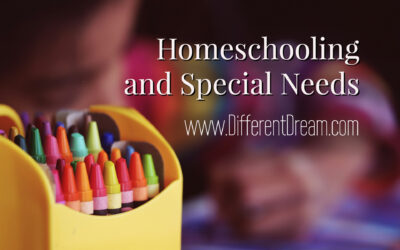How Do I Discern if Medication Is Best for my Child’s Behavioral Needs?

How do I discern if medication is best for my child’s behavioral needs? Many parents, including guest blogger Heather Braucher, wrestle with this question. In this post, Heather explains the process she and her husband used to make the choice that was best for their kids.
These days it seems every aspect of parenting requires black and white thinking. For example, will you deliver your baby at home or in the hospital? After your child is born, will you breastfeed or bottle feed?
The choices then continue:
-
- Sleep train, or co-sleep?
- Vaccinate or not?
- Homeschool or public school?
- Gluten free or traditional diet?
When a parent faces the decision of whether or to medicate their child for mental conditions, they may feel like they’re navigating raging rapids as they work through questions like:
-
- What about the side effects?
- Will they be on this forever?
- What if it doesn’t work—or makes it worse?
- What about the stigma of being on medication?
- Could the food they eat/don’t eat fix this instead?
- Should I get my child tested for food allergies?
- Should I go the holistic route instead of western medicine?
Parents trying to figure this out should not be concerned about what side they are on, but what is best for their child. And to realize that sometimes decisions are not all black and white, but in fact are more fluid.
I have walked this road with all 3 of my children.
My 10-year-old son who has Autism, ADHD, and Anxiety began with the diagnosis of Sensory Processing Disorder (SPD). I asked, “How will I know if he is managing more than SPD? How will I know if he needs medicine?” The doctor’s reply was, “You’ll just know.
We spent two years watching him, supporting him, and managing his SPD. We did sensory integration therapy. We went gluten free when his behavior became dangerous and debilitating. I felt overwhelmed by how difficult it was to support him, while also making sure that my husband and our other two children were healthy.
When our 8-year-old son was mainstreamed in kindergarten after two years of therapeutic school for children with hearing loss, we were amazed by his progress he made after receiving cochlear implants, listening and spoken language therapy, and occupational therapy. But when he was unable to finish the school year due to behaviors that resurfaced the following school year, a diagnosis of ADHD with a prescription for medication resulted, our despair was heavy.
Then our 12-year-old daughter, the neurotypical one, was diagnosed with OCD rather than anxiety. When medication was prescribed, I felt like I’d been swallowed up in a deep dark abyss.
My mind raced:
-
- What is happening to my family?
- Are all three of my children going to be on medicine?
- Is nature or nurture really to blame?
- Should I do a hard reset on the nutrition for my entire family?
- Do we need to detox from heavy metals?
- Where did I go wrong?”
As I asked myself “How do I discern if medication is best for my child’s behavioral needs?” I implemented these consistent processes.
#1: I Took My Time
I prayed and waited for the Lord to place peace on my heart over the choices in front of me. The time between the recommendation of medicine for each of my 3 children and the actual taking of it was anywhere from 6 months to 2 years.
#2: I Provided What I Could
I read books, consulted with other parents, utilized therapies, and implemented what I could at home. I created calming zones with fidgets galore, posters, children’s books on emotional regulation, and sensory baskets and even created our own mini-sensory gym.
#3: I Researched Nutrition and Supplements
Nutrition is a huge component to many physical and mental health issues. I had already removed dairy from my diet in order to breastfeed one of my children who had extreme colic. We explored bloodwork and cheek swab testing, we removed gluten and folic acid for some kids, we tried essential oils and implemented supplements like magnesium and protein. We made multi-green rich smoothies.
#4: I Paid Attention to My Children’s Cues
When each of my children burst into tears, put their heads in their hands, and said…
“I just can’t.”
“I don’t know what’s wrong with me.”
“I’m just a bad kid.”
…I knew it was time to consider additional medicinal support.
Everyone’s experience is different. I do not judge parents for the route that they choose to take. For us, medicine has been a game changer when combined with therapeutic support. I believe that the chemical adjustments have created new neural pathways. They allow the brain to receive new information and be trained with new ways of doing things reinforced by therapies or counseling.
My children are now experiencing victory in many areas. Medication has impacted their lives immensely. But I also know that the gut and the brain are connected. My journey of understanding how we can heal and move forward using the foods God has given us and abstaining from the foods that may hurt is going to be pivotal.
I am excited for the next steps in the journey, because this is a journey. A friend so sweetly reminded me recently that we need to attend to both the mind and the body.
Remember that however you answer the question “How do I discern if medication is best for my child’s behavioral needs?” depends on what works for you and how the Lord guides you.
Do you like what you see at DifferentDream.com? You can receive more great content by subscribing to the monthly Different Dream newsletter and signing up for the daily RSS feed delivered to your email.
Photo by Etactics Inc on Unsplash

By Heather Braucher
Subscribe for Updates from Jolene
Related Posts
Did I Trust God’s Plan for the Life of My Child with Disabilities?
Jolene looks back on the lessons she’s learned and ponders, “Did I trust God’s plan for the life of my child with disabilities?”
Two Coping Skills for Families with Disabilities
Guest blogger Kristin Faith Evans explains two coping skills for families with disabilities that have helped her over the years.
Special Needs Homeschooling: The Ups and Downs
Special needs homeschooling is full of ups…and downs. Guest blogger Lisa Pelissier knows this from experience. In this post she describes her adventures in homeschooling, which began long before she discovered she had joined the special needs homeschooling tribe. I...






0 Comments